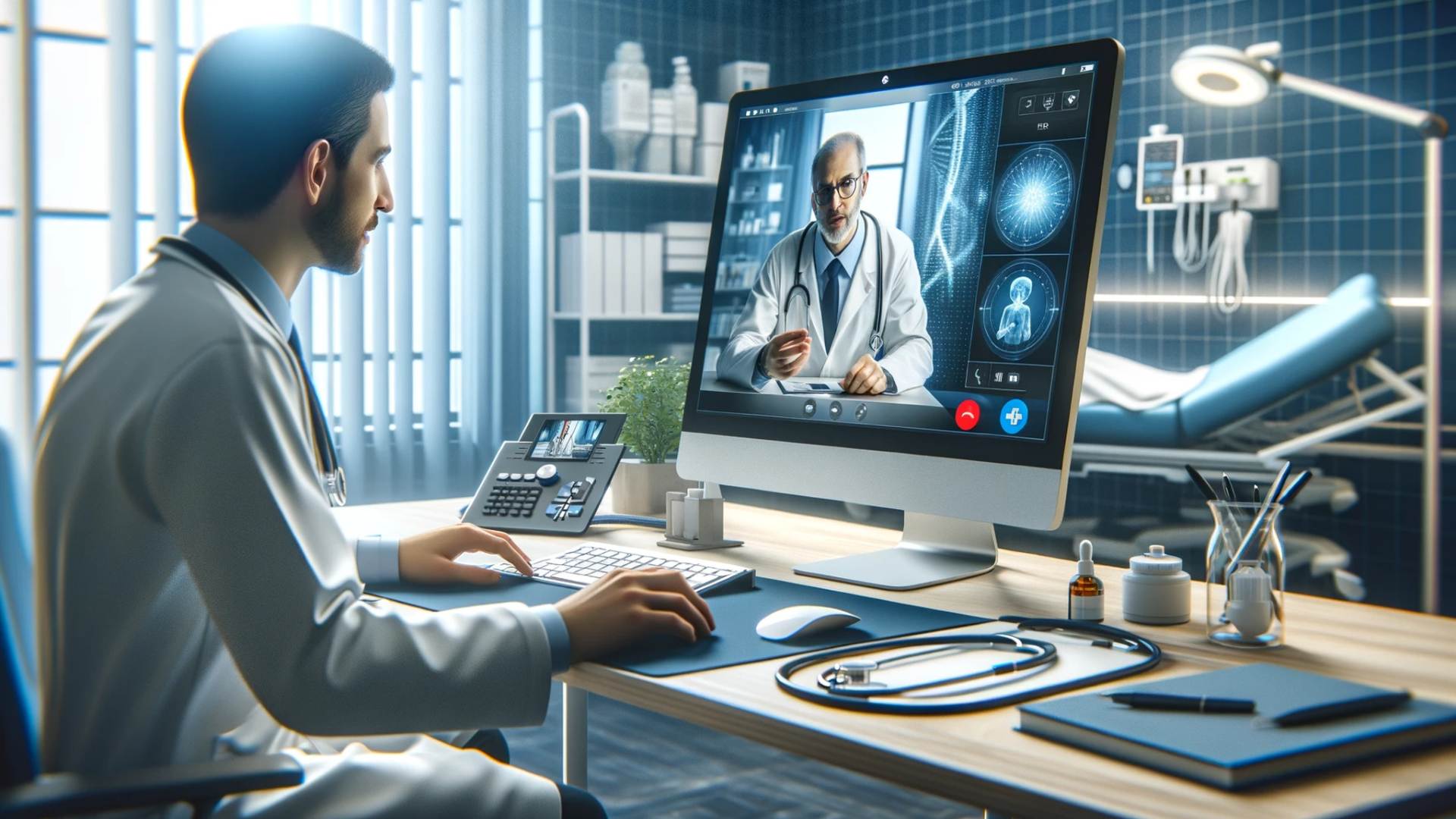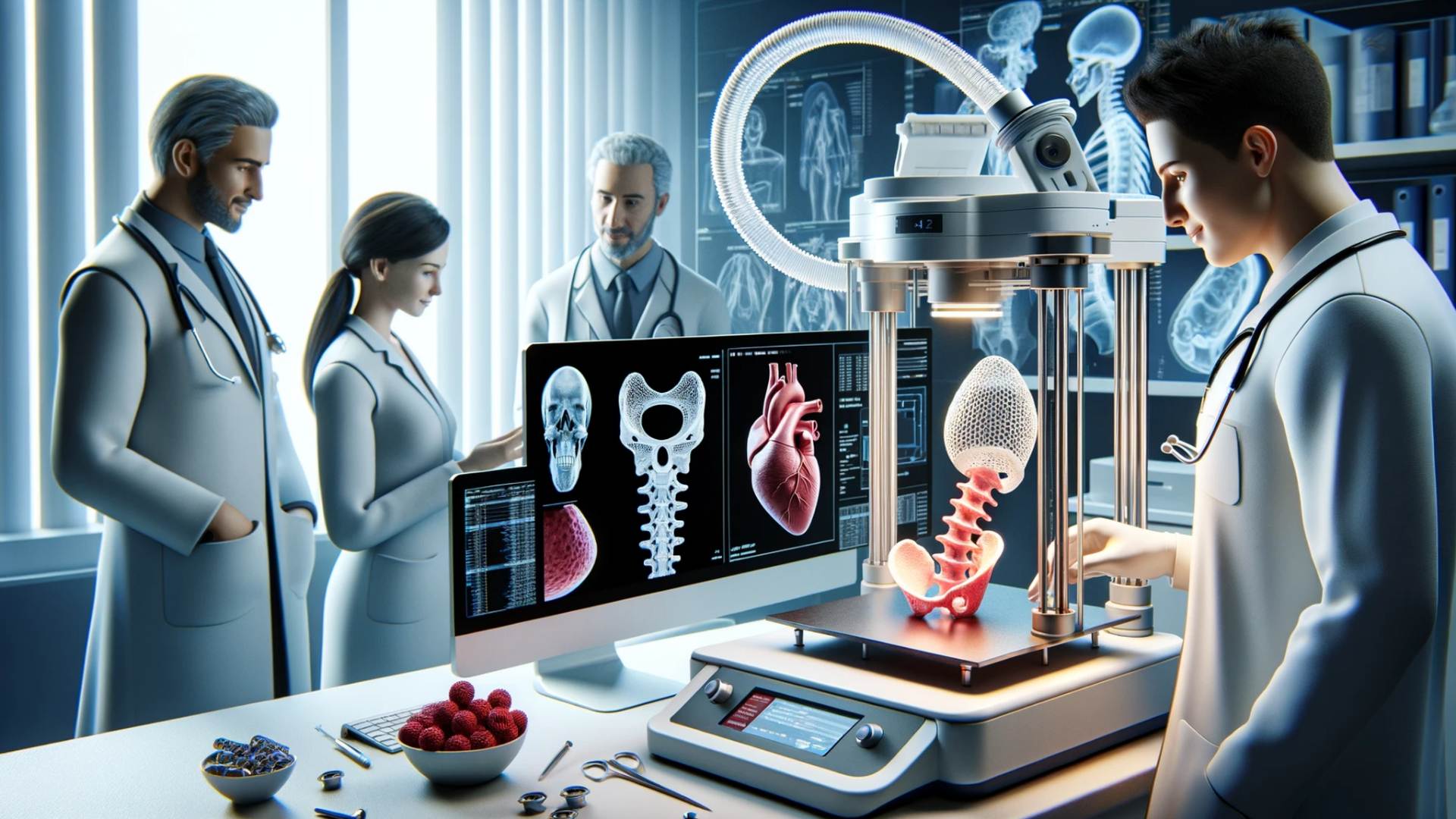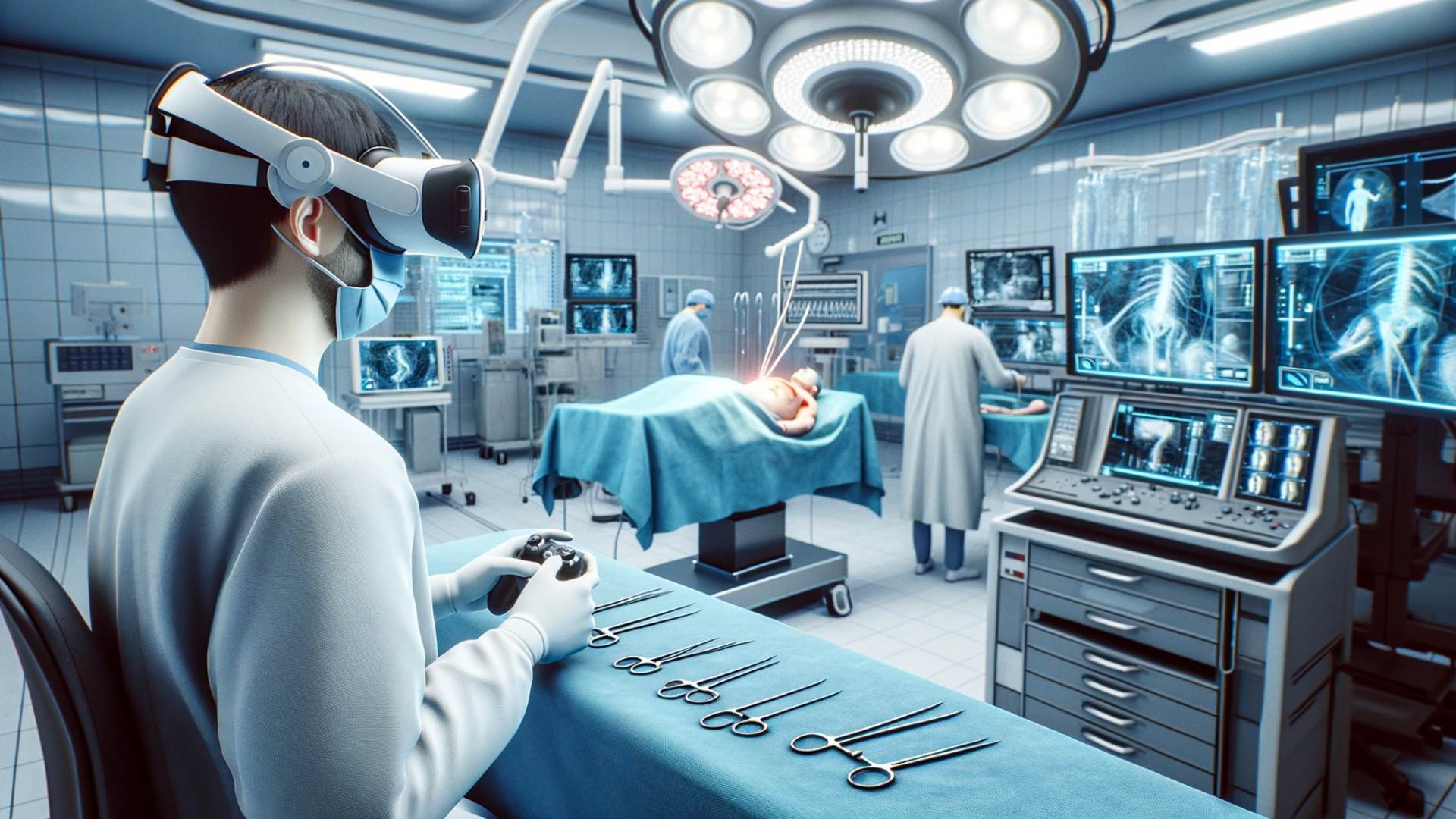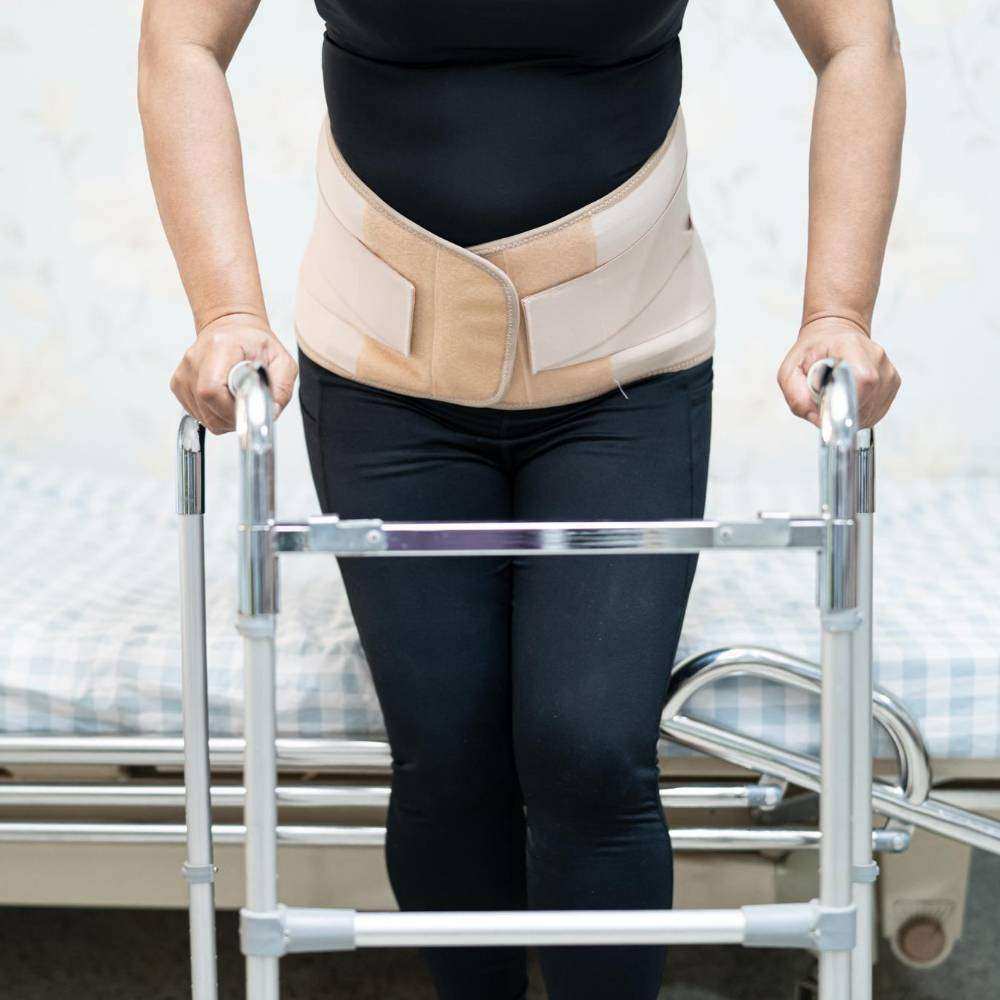In today's world, technology has played a crucial role in many spheres, and healthcare is no exception. Technological advances have radically transformed the diagnosis, treatment and prevention of diseases, promising a new era of more efficient and personalized medicine. In this article, we will explore some of the most significant technological innovations in healthcare and how they are shaping the future of medical care.
Telemedicine: Accessibility and Convenience in Care
Telemedicine has emerged as a vital tool, especially highlighted during the COVID-19 pandemic. This technology enables remote medical consultations using digital devices. As well as increasing accessibility to care for people in remote areas, telemedicine also offers a convenient solution for patients with reduced mobility or those seeking a second medical opinion from global experts.

Artificial Intelligence and Data Analysis in Medicine
Artificial intelligence (AI) is transforming data analysis in healthcare. AI algorithms are capable of processing and interpreting large volumes of medical data, from patient histories to diagnostic images such as X-rays and MRI scans. This capability not only improves diagnostic accuracy, but also helps identify patterns that can predict disease outbreaks or epidemics.

3D Printing: A Revolution in the Personalization of Treatments
3D printing is gaining ground in personalized medicine. This technology makes it possible to create tailor-made implants and prostheses, adapted to the individual needs of each patient. In addition, 3D printing is being explored in bioengineering to create tissues and organs, which could revolutionize transplants in the future.

Nanotechnology: Precision and Efficiency in the Treatment of Diseases
Nanotechnology in medicine opens the door to more precise and less invasive treatments. Nanoparticles can be used to deliver drugs directly to the affected cells, increasing the effectiveness of the treatment and reducing side effects. This approach is particularly promising in the treatment of diseases such as cancer.

Virtual and Augmented Reality in Medical Education and Rehabilitation
Virtual reality (VR) and augmented reality (AR) are emerging as valuable tools in medical education and rehabilitation. VR allows simulations of surgical procedures for training doctors, while AR can be used in rehabilitation therapies, offering immersive experiences that aid patient recovery.

Technological innovations in health are reshaping the way we take care of our health and well-being.
From improved access to medical care with telemedicine to the promises of nanotechnology and 3D printing, we are witnessing a revolution in medicine. These advances not only improve the diagnosis and treatment of diseases, but also pave the way for more personalized and efficient medicine. As we continue to explore the potential of these technologies, we can look forward to a future in which health and well-being are more accessible and effective for everyone.



Full Body Health Care Products. click here to get started!